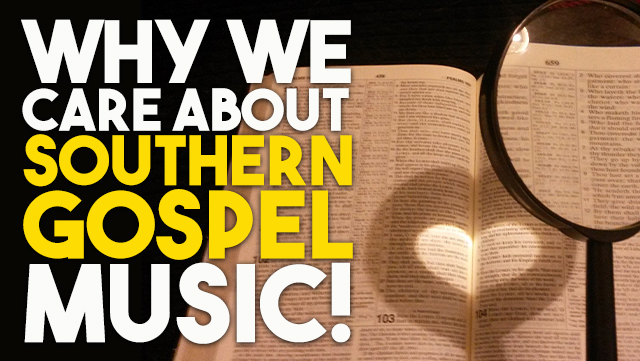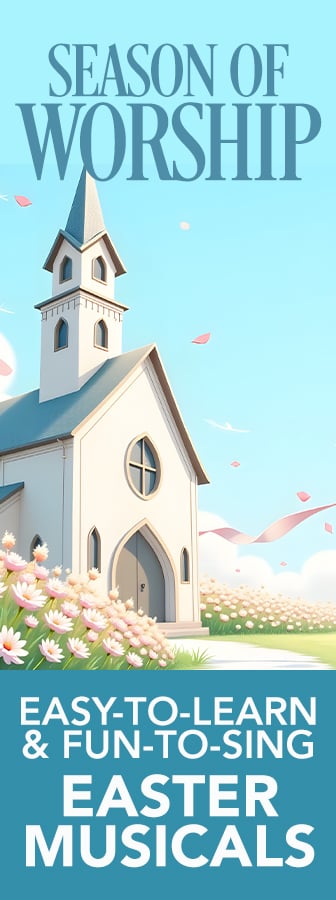 Gospel Music is the only musical genre that’s defined more by its content than by its style.
Gospel Music is the only musical genre that’s defined more by its content than by its style.
Until the Jesus Movement of the 1970s gave birth to Contemporary Christian Music (CCM) and Praise & Worship (P & W) Music, Gospel Music commonly referred to any song that contained a biblical message. In the 60s and 70s, Top 40 Radio played “gospel” songs from Country quartets like The Oak Ridge Boys (“Jesus Is Coming Soon”), church choirs like the Edwin Hawkins singers (“Oh Happy Day”), and soloists like Ray Stevens (“Everything is Beautiful”). For better or worse, mainstream marketeers lumped all religious music together, even throwing George Harrison’s Hara Krishna hymn “My Sweet Lord” and Norman Greenbaum’s theologically suspect hit “Spirit in the Sky” into the mix.
But as the years progressed, record labels weren’t content to produce and promote music to a general religious “target market.” Rather, they understood the value of separating religious music consumers into more distinct “market segments” that could be segregated by demographics.
CCM music targeted soccer moms who wanted wholesome music to play in their minivans. Christian Rock and Rap gave their kids a positive option to more destructive mainstream artists. Inspirational music offered churchgoers a faith-based alternative to secular big ballad singers. Urban gospel evolved in Chicago and Detroit as a response to Motown and mainstream R & B. As Gospel Music’s musical family expanded, more designations were needed to differentiate one style from the other.
Historically, the music produced by African American choirs and rural shaped-note “country” hymns could both legitimately lay claim the “Gospel” moniker. But over the years, it just became more expedient to call the former “Black Gospel” and the latter “Southern Gospel.” These branches grow from the same church roots. The melodies are accessible and easy to learn. The lyrics are simple and memorable. And the themes are inspiring and biblical. That’s why people care about these songs.
Even today, Southern Gospel music continues to have a fervent following, not only in the American South but coast-to-coast. Every Fall, the National Quartet Convention convenes in East Tennessee to celebrate the very best groups and songs of this genre.
At Discover Worship, we encourage churches to broaden the variety of musical styles they use in worship.
Rather than following the seemingly irresistible trend toward using the thirty or so modern worship songs, we hope you’ll consider broadening your musical offerings to include Black Gospel and—in celebration of Gospel Music Heritage Month—add some Southern Gospel to your worship services.
It’s just good for what ails ya.
Check out these other Discover Worship blogs about musical styles:











